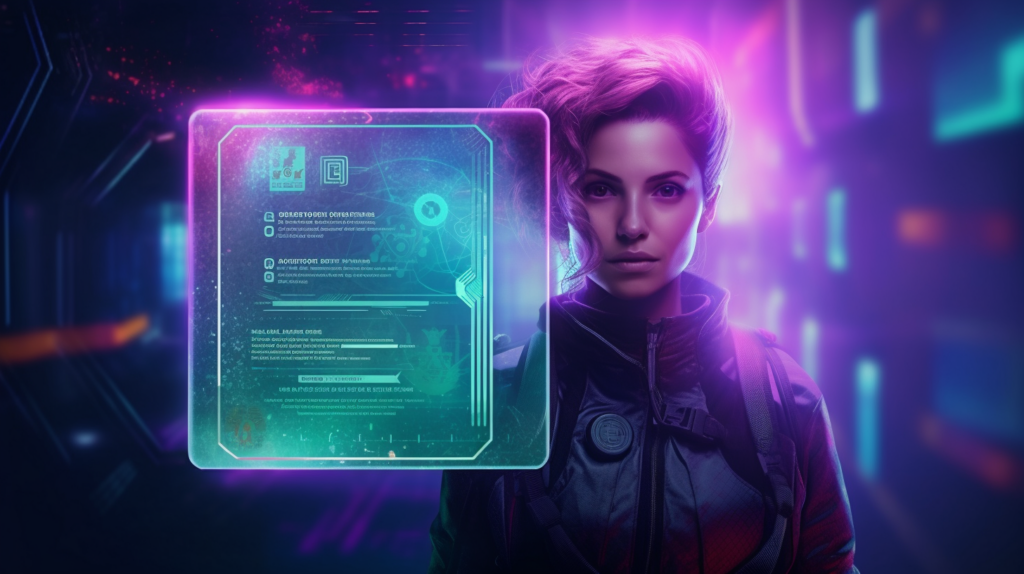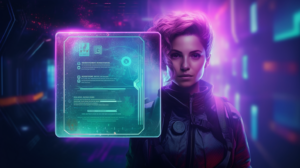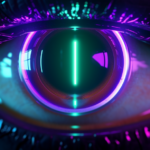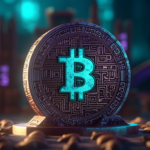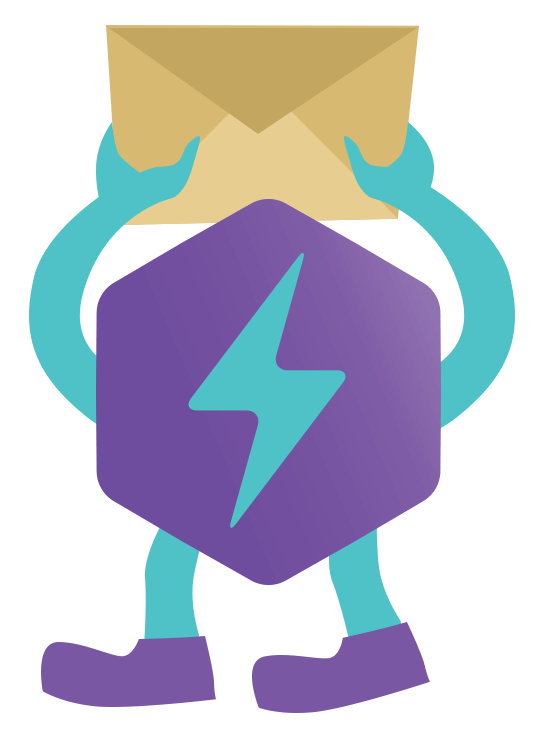The internet has a history of evolving in significant phases, each revolutionizing the way we interact with digital technology. From the early days of Web 1, where we could access webpages and consume online content, to the introduction of Web 2, characterized by the rise of social networks like Facebook and Twitter, where two-way communication became the norm. Now, we stand on the precipice of Web3, a paradigm shift that holds the potential to reshape our digital world.
TL;DR
- Web3 is the future of the internet, focusing on personal ownership of digital assets.
- NFTs are key to digital ownership, providing proof of unique asset ownership.
- Ownership enables markets and secure transfers.
- NFTs have various applications, from digital ticketing to loyalty programs.
- Major brands like Starbucks and Nike are already using NFTs.
- Web3 and NFTs are on the rise, making digital asset ownership more accessible.
Web3 and Digital Ownership
Web3 represents the next iteration of the internet, and at its core lies the concept of individual ownership of digital assets. In stark contrast to Web 2, where platforms controlled and monetized user data, Web3 empowers individuals to own and control their digital assets, much like they would own physical possessions.
Imagine a digital world where you have complete ownership and control over your images, songs, even your followers, and you can seamlessly transfer them across platforms. Gone are the days of your digital existence being at the mercy of tech giants like Facebook, Google, Twitter, and Amazon. In Web3, you take charge of your digital life.
NFTs: The Foundation of Digital Ownership
At the heart of this digital ownership revolution are Non-Fungible Tokens (NFTs). NFTs serve as digital deeds, providing indisputable proof of ownership for unique digital assets. The blockchain, a decentralized ledger, records every ownership transfer, establishing clear and unassailable ownership rights. This is what makes an NFT truly non-fungible, as it is distinguishable from other digital records.
Consider this: When you own an NFT, anyone can see that you are the unequivocal owner of a digital asset. When you decide to transfer or sell it to someone else, that transaction is securely recorded on the blockchain. This level of transparency and security makes NFTs central to Web3’s digital ownership framework.
Related: NFTs: Your Guide to Understanding Non-Fungible Tokens
Ownership as the Catalyst for Markets
Now, why does this matter, you ask? Well, it matters because ownership is the catalyst for markets. Markets, as we know them, rely on property rights. Think about it – you can’t sell somebody else’s house or a car that belongs to a car dealership. You need the deeds or titles to prove you own each one.
Before Web3 and the advent of NFTs, defining ownership of a digital object was a Herculean task. It was nearly impossible to prove ownership of a digital asset to a third party. When we sell something physical, like a piece of jewelry or a musical instrument, we transfer ownership by transferring the object itself.
But what about digital assets? If someone sells you a digital image, what are they actually transferring? They can send you a copy of the image over email, but a copy still remains on the seller’s computer. What’s to stop that person from selling an identical copy to somebody else in the future? Without a robust system of ownership verification, it’s a trust issue waiting to happen.
Strictly Superior Technology for Digital Ownership
Enter NFTs and the blockchain. The blockchain serves as a digital ledger that records every person who has ever owned a given digital object. This is what makes NFTs truly non-fungible; you can distinguish one from another with absolute certainty. When you own it, anyone can see you are the clear owner. When you transfer or sell it to someone else, that’s recorded, too.
This breakthrough allows people to freely buy, sell, and transfer digital goods they actually own. And this, my friends, enables the emergence of markets for digital goods on an unprecedented scale. You can buy and sell everything from media files, game items, and newspaper or streaming subscriptions to bigger-ticket items like gym memberships or even houses. The beauty is that all of this can happen without any specific platform in the middle acting as an intermediary.
Related: NFTpay Set to Revolutionize Web3: Fast, Easy, Free!
Multifaceted Digital Tools
But NFTs are far more than just ownership records. They are multifaceted digital tools with a vast range of applications. For instance, consider digital ticketing. When you buy a ticket for an event, what you often receive is a QR code in your email. However, this poses a trust problem because there’s no way to know whether the same QR code is being sold to multiple people.
NFTs solve this problem elegantly by creating a unique digital asset that only one person can have control of at a time. The moment it’s transferred to a buyer, the seller no longer has control of it, just like with a physical ticket.
But that’s just the beginning. NFTs open the door to various applications, from managing ownership in collectibles and customer loyalty programs to handling online credentials and health data. These applications alone represent billions of dollars in value, and we’re just scratching the surface.
Related: Duke’s FinTech Program Embraces NFTs for Certificates
Building Communities Around Ownership
Moreover, NFT owners naturally form a network of individuals connected through their common interests in whatever digital assets they own. An NFT can serve as an access pass to what are called “token-gated” online communities. These exclusive spaces allow only the purchasers of a particular ticket, video game item, or collectible to convene. Suddenly, ownership of an asset provides a way to form a community among brand enthusiasts and for those enthusiasts to establish a bidirectional connection with the brand itself.
Businesses Embrace the NFT Revolution
Already, major brands like Starbucks, Nike, and the NBA have jumped on the NFT bandwagon. They are leveraging NFTs for a multitude of purposes. One of the simplest applications is creating collectibles, like digital sports cards. The NBA, for instance, has introduced collectible and tradable video “moments.” Companies can also use NFTs for gated product releases, where NFT holders gain preferred access to new products. Loyalty rewards are another domain where NFTs shine, providing digital assets to those who engage positively with a brand.
Related: Starbucks Brews Up a Buzz With New NFT Rewards for Coffee Lovers
You might wonder, “Why do businesses need NFTs? Can’t current solutions achieve the same results?” While individual applications might exist for current software, nothing can encompass all of these functionalities as securely or efficiently as NFTs. NFTs provide a new way for customers to form an identity and community around a brand, especially in digital spaces.
Paving the Way for Third-Party Value Creation
What’s more, NFT applications offer the potential for third-party value creation. If a business wants to offer third-party benefits, like discounts or special access to NFT holders, it’s a straightforward process of identification on the blockchain. Benefits can even be sent directly through a process called “airdropping,” akin to email or direct deposit.
In essence, NFTs empower businesses of all sizes to harness this innovative technology. A local apparel store could offer discounts to Adidas NFT holders, promoting patronage. Alternatively, a consortium of small businesses could establish a shared, interoperable “Local Passport” NFT loyalty program, granting discounts or special access across participating enterprises.
The Future of Web3 and NFTs
While NFT adoption may encounter hurdles and take time to reach its full potential, one thing is clear: Web3 and NFTs are integral to the future. As barriers diminish and user-friendly interfaces emerge, the adoption of NFTs is expected to accelerate. Much like the early days of the internet or the introduction of smartphones, these transformative technologies are poised to become an integral part of our daily lives.
Suggested for you: What Makes 2024 a Pivotal Year For Crypto and NFTs

